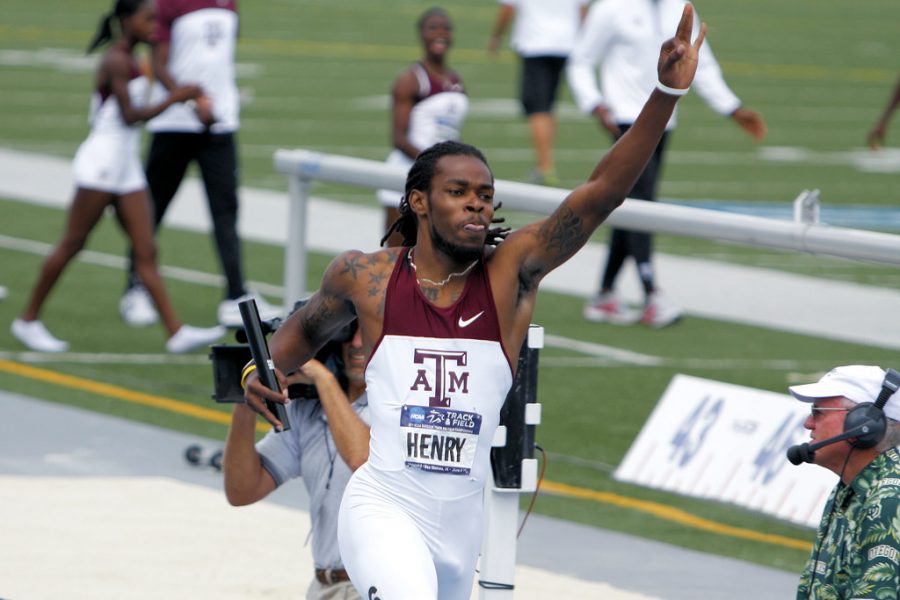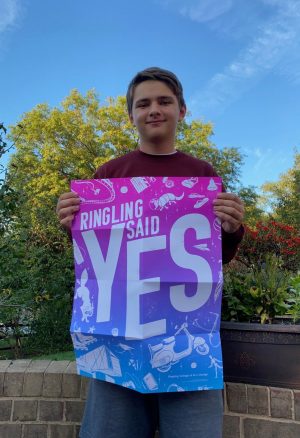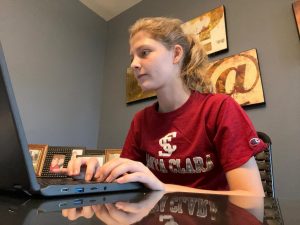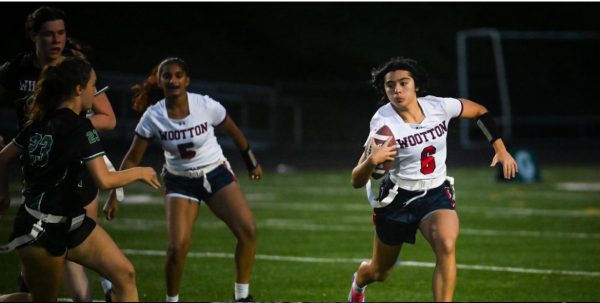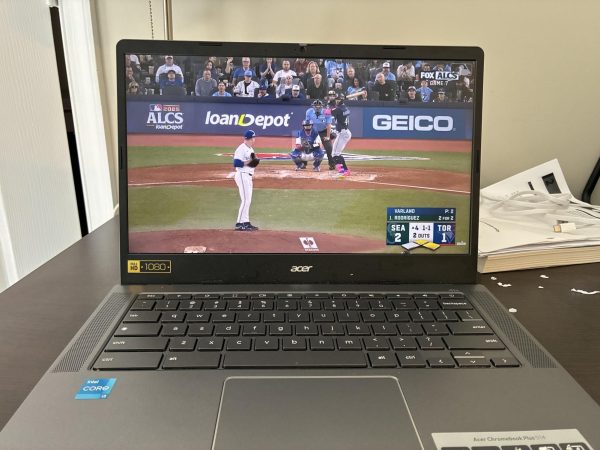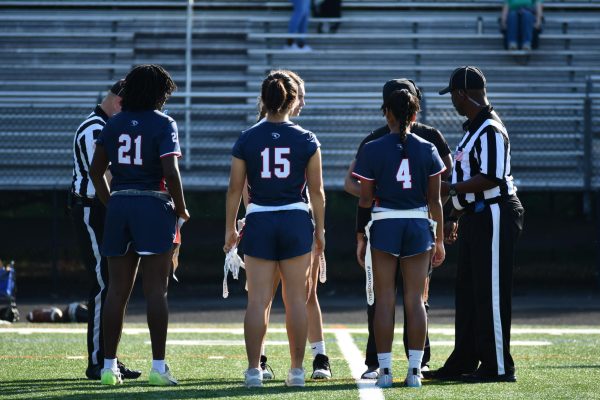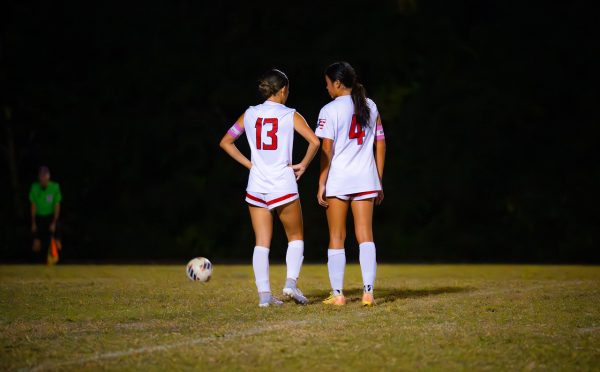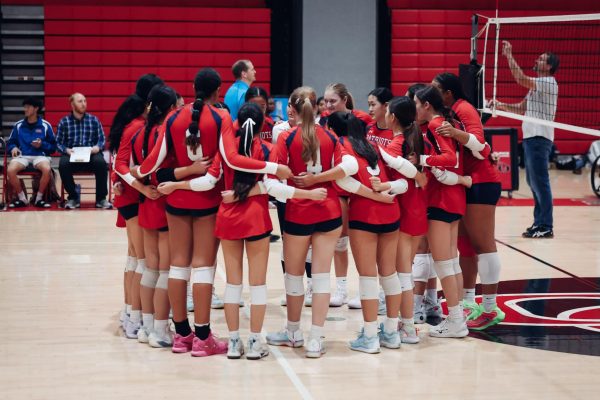College athletes finally allowed to get paid
Photo used with permission from Google Creative Commons
Texas A&M runner from the 2011 track and field championship.
Throughout the years there have been debates about whether college athletes should be paid or not. On July 1, the NCAA changed the rule and is now letting collegiate athletes monetize their fame, known in the business as names, images, and likenesses (NIL), for the first time.
The interim policy will allow college athletes and recruits to make money off of activities like autograph signings, endorsements and personal appearances. However, the NCAA is letting athletes profit off their NIL according to the state laws, for example, most states down in the south are letting college athletes get paid this year. Athletes will be able to use professional service providers for such activities, and universities will be responsible for determining whether those activities are consistent with state law. “With the variety of state laws adopted across the country, we will continue to work with Congress to develop a solution that will provide clarity on a national level,” President of the NCAA Mark Emmert said.
Since the rule change, college athletes with endorsements have been making $471 on average. Nearly all deals have been around social media endorsements, for example an athlete can tweet about a restaurant or company and in return will be rewarded with gifts or cash. The second leading cause of pay is through apparel like jerseys or trading cards. The three main sports profiting off their NIL are football players with 79% of the market-leading, men’s basketball with 9.6% from mostly apparel, and women’s volleyball with 5.5% because of social media. “Our access to athletes at scale does make us an attractive acquisition target for a company looking to enter the collegiate space…what will be the most important over the next 24 months is achieving a critical mass of athletes and opportunities on the platform,” Co-founder and CEO of MOGL Ayden Syal said.
A common misconception about the rule is that colleges are allowed to pay athletes to try to get them to play for their school but that is not the case. While the opening name, image, and likeness opportunities to student-athletes, the policy in all three divisions preserve the commitment to avoid pay-for-play and improper inducements tied to choosing to attend a particular school. “It also reinforces key principles of fairness and integrity across the NCAA and maintains rules prohibiting improper recruiting inducements. It’s important any new rules maintain these principles,” Division II Presidents Council chair Sandra Jordan said.
Your donation will support the student journalists of Thomas S. Wootton High School. Your contribution will allow us to purchase equipment and cover our annual website hosting costs.
Alec is a 2023 graduate.


